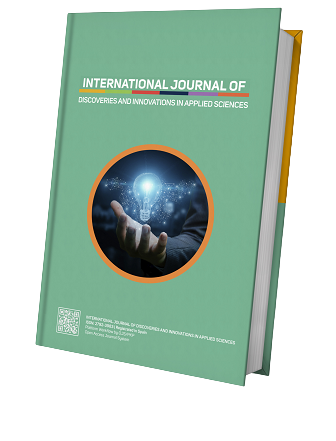The Role of Virtual Educational Spaces in Higher Education
Keywords:
virtual education, educational environment, internet of things , intelligent agentAbstract
Today, the virtual educational space is becoming a means of ensuring the operation of the electronic education system with the Internet. The virtual educational form of teaching organization in higher education institutions is stimulating the development of an intellectual educational environment. Together, the Internet of Things (IoT) and Semantic Web technologies enable virtual learning to integrate with real-world processes. The article analyzes the role and tasks of the virtual educational space in the higher education system, the advantages and disadvantages of its organizers. Levels of virtual learning space explained. Information on standard technologies for building a virtual learning space is provided. Also, the importance of the level of intellectualization in the organization of the virtual educational space is highlighted. The role of agents and their influence in the intellectualization of the virtual educational space is described.




